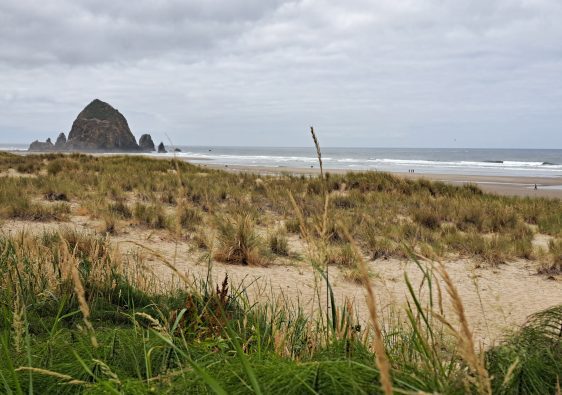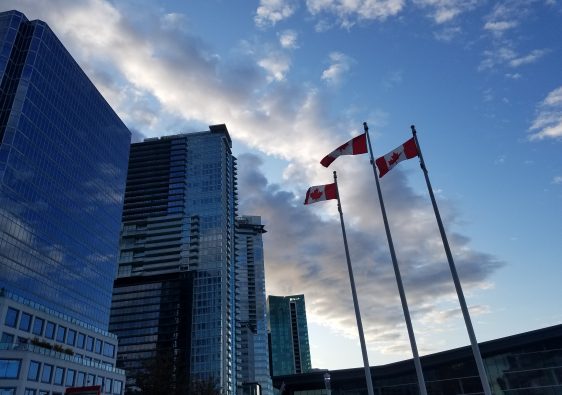Page menu:
Overview – When to visit – Things to do – Cost – Insider tips
Germany is one of the countries that just days after arriving, I decided I would one day live there. And years later, it’s still my plan. Appreciation for the outdoors is apparent, coffee shops and bakeries on nearly every corner, a harsh history, and an amazing culture of strong people (not to mention the festivals!) makes every visit to Germany an incredible experience.

Overview:
Language: German, most locals speak English also.
Money: Euro
Conversion rate: 1Euro=$1.15USD
Outlets: 230v and European outlets (they have two round pegs). If you are traveling from the US, you will need a converter and an adapter.
People: Germans are some of my favorite kind of people. They are incredibly helpful, charming and kind, but overall have a dark and ‘harsh’ sense of humor.
Safety: I felt very safe in Germany and would happily travel there as a solo female.
Water: Tap water is safe to drink.
Emergency #: 112
Tipping: Not required, but always appreciated. A tip of 2-5 euros is a good gesture, but if you’re looking for a percentage, 5%-10% is acceptable.

Seasons:
Seasons in Germany are similar to the US and most of the northern hemisphere. All four seasons are beautifully unique.
Winter= December to February
Winter gets cold and snowy (sometimes even down to -4F), which doesn’t leave much desire for walking tours or space in your suitcase with all the bulky layers.
Spring= March-May
Spring is warming up, but still has quite a few rainy days.
Summer= June-August
Summer is the highest tourist season meaning lines are longer and prices are higher.
Fall= September-November
Fall gives a few rainstorms, but mostly cool brisk air.
My recommended time to visit: I spent a few months all over Germany in the Summer/Fall. I highly recommend the late summer/early fall time frame as it’s more of a shoulder season, meaning less tourists and you get to enjoy a bit of the coziness that Germany has to offer (hello oversized beer, fireplaces, and scarves)!
Things to do in Germany:

Festivals: Okay, we all know about Oktoberfest, but this is FAR from the only (or even best) festival that Germany hosts. Film, music, harvest, holiday, carnival, art, museum, and light festivals are all reasons to celebrate. Whatever season you visit, be on the lookout for a fest!
Food: Yes, please to all the sausages, brats and sauerkraut! But also, Germany has many other incredible plates to enjoy. The Kebab has a massive place in the street cart industry as well as many noodle carts, burger trucks and every potato dish. Do yourself a favor and go into a “hole in the wall” place & open your tastebuds! Also…GO. TO. A. BAKERY.


Train: One of my favorite things to do during my time in Germany was to hop on a train & get off whenever something stood out to me at a stop. The best way to do this is to get a rail pass, then you don’t have to worry about “wasting” a ticket to a specific destination. It’s easy to meet locals on the train & ask for suggestions, and it’s a fun way to see some small villages that might otherwise get passed up.
Nightlife: Even if you’re not huge on clubbing, going to a German nightclub is an experience! If you don’t know where to find one, hop on a train on a weekend evening, find a group of young locals sharing a bottle of wine and get off when they do.-Don’t be creepy about it. lol-It is likely that one (or all) of them speaks English and can tell you where the best spot is.

Cost:
A general breakdown of what to expect, cost-wise, during your visit to Germany. There is something for every wallet!

Budget
Food: Bakery pastries as well as beer on tap are both between $1-$5usd.
Accomodation: Hostels are a cheap option if you don’t mind sharing a room or bathroom. Starting at $16usd to around $26usd.
Transportation: In-city metro tickets are 1-3 Euros or rent a bike for about $16usd.
Activities: My favorite way to see a new place is free. Hiking, walking around town and people watching in a central park are all $0!

Mid Range
Food: Street carts, food trucks and small restaurants have meals around $8-$16
Accomodation: Family hotels run around $65 to $125usd per night.
Transportation: Taxis will charge about $9 per 2.5miles of the ride and Uber is available.
Activities: Entrance fees for castles and museums will only cost you about $10-$20usd.

High End
Food: Sit down restaurants are typically closer to $20-$35 a plate.
Accomodation: Chain hotels are closer to $150-$200usd a night.
Transportation: Renting a car is about $50-$70usd a day, and is a good option if you are exploring or going to another country at your own pace.
Activities: Festivals and carnivals range from ‘free to get in’ – hundreds of dollars per ticket.
Insider tips:
1 Bottled water is available everywhere, however carbonated water is almost more popular than not, so if you’re looking for the fresh stuff, give the bottle a squeeze before you buy it.
2 Learn a few words in German (even though most locals speak English). It will help you on public transportation a lot.
3 Look for a sale on Eurorail. The cost may not be worth it if you are staying in the same location, or only visiting a few towns, but if you will be exploring a lot, finding a deal makes it worth it.
4 If you are a student, take your ID with you. A lot of attractions and even the bus systems offer student discounts.
5 Nearly every town in Germany is bike friendly, so find some to rent and explore for a day!



